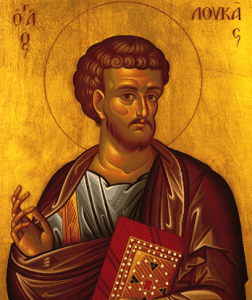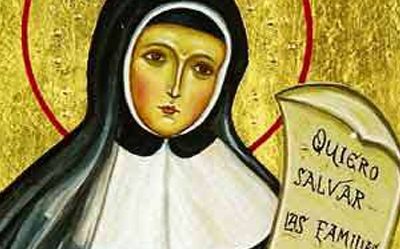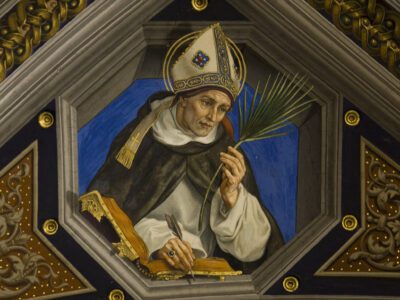
Saint Luke
Luke is the author of the third Gospel and was a companion of Saint Paul. According to reliable tradition, he was a Syrian physician from Antioch who wrote his Gospel in Achaea (Greece). Both the Gospel and the Acts of the Apostles are attributed to Luke, because he appears to be the person intended by the first-person reference in Acts. The opening of Acts refers to the Gospel and is dedicated
to the same person, Theophilus.
The basic point of Luke’s New Testament writings is to emphasize the love and compassion of Jesus Christ. Luke also has an interest in the reality of poverty and reveals a deep concern for the poor, the outcast, and the underprivileged throughout the Gospel.
Stewardship is a major theme in Luke’s Gospel. Indeed, what emerges from Luke’s writings is a sophisticated theology of stewardship that is unique to his Gospel and not addressed so profoundly by other New Testament writers. Luke defines the duty and role of a steward as a unique sort of servant who is entrusted with material possessions by a master, takes charge
of them and is required to use them prudently.
Luke envisions the steward as not having any possessions or property of his own, but as taking care of his master’s property and wealth until the master summons him to turn in an account of his stewardship.
There is a finiteness to stewardship. According to Luke, a steward carries out his responsibilities with alertness, knowing that the master’s return may come at any time. And depending on the quality of his stewardship, there is the anticipation of a reward as a result of his stewardship. Luke believes stewards are not just a chosen or appointed few. Stewardship is the responsibility of all Christian disciples.
Luke takes his basic ideas of stewardship and applies them to the motif of material possessions as well, instructing his readers on the right use of wealth and the wrong use of wealth.
Finally, Luke’s concept of almsgiving, based on his theology of
stewardship, was unique and radical at the time of his writing. Almsgiving was considered an obligation of Christian disciples; imperative inside and outside the community. Luke enjoined his readers to look upon the poor with genuine sympathy and urged those with material resources to remember their identity as stewards, to distribute their wealth to the poor as alms, and to give up ownership of their own material possessions.
Luke is the patron saint of physicians, artists and butchers. His feast day is October 18.


